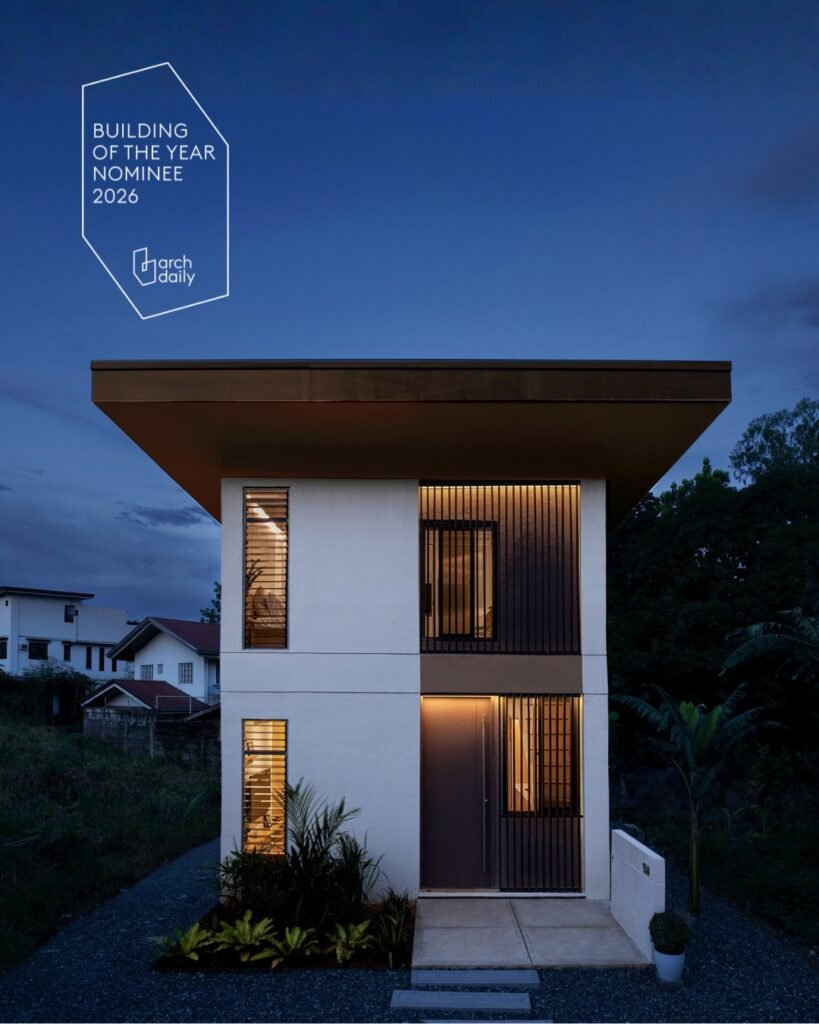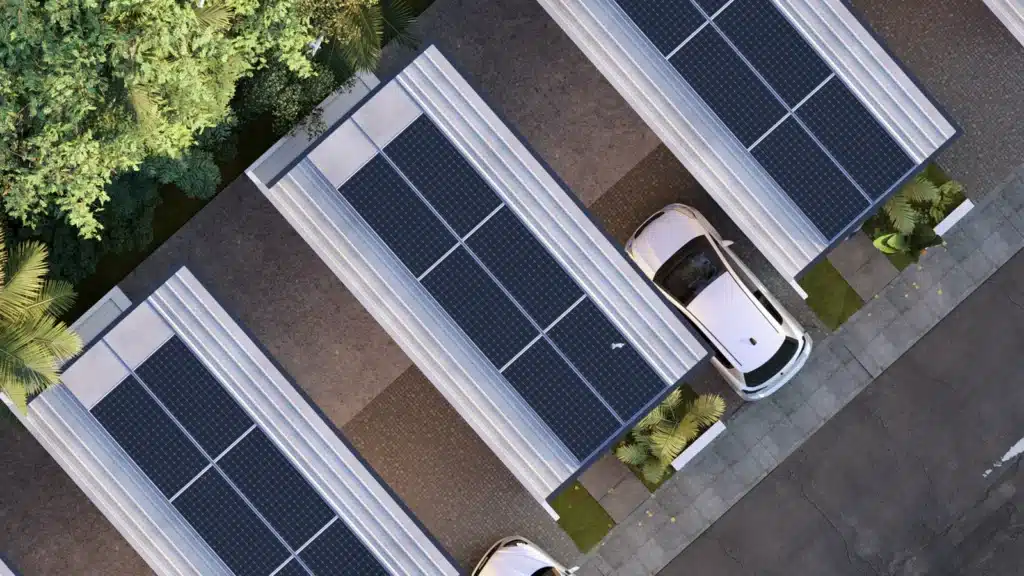Discover the transformative potential of hempcrete, a sustainable alternative to concrete. Explore its environmental benefits, structural properties, economic aspects, and its role in shaping a net-zero lifestyle.
Rediscover hemp, nature’s gift to sustainable construction, and let’s weave a tale of empowerment, resilience, and our shared commitment towards a net-zero lifestyle. Occupying a respectful space in the world of sustainable construction materials, Hempcrete, made from the hemp plant, stands strong, ready to transform both our homes and our planet.
Unearthing the Roots: Hemp’s Heritage in Construction
Hempcrete, a harmonious blend of hemp hurd, water, and lime, boasts a rich history in construction dating back to the ancient world. Archeological studies have revealed traces of hemp in the mortar used for houses in France over a thousand years ago. Isn’t it fascinating how solutions for today’s climate struggles can be found woven into the fabric of our ancestors’ resilience?
Specifically, this ingenious mixture of hemp hurd (the woody core of the hemp plant), water, and lime also offers an eco-friendly alternative to traditional construction materials. A trusted companion throughout history, hemp endowed humanity with resilient ropes, durable textiles, and, now, sustainable construction possibilities, breathing new life into our journey towards net-zero living.
Breathing Green: The Environmental Harmony of Hempcrete
Hemp plants actively sequester carbon dioxide during their growth, contributing to our shared fight against global climate change. According to a researcher at the University of Cambridge, a hectare of hemp plants can perform the incredible feat of isolating about 8-15 tonnes of carbon dioxide.
They also give comforting assurance of biodegradability, knowing that they return to the earth harmlessly, fostering a respectful balance with nature and accentuating their suitability as a sustainable construction material. Furthermore, the end of hempcrete’s life cycle is merely a new beginning. Biodegradable and compostable, it replenishes the soil. Imagine if every building project, every home, became an opportunity to cleanse our air.
Structure of Sustainability: The Resilient Charm of Hempcrete
Between hempcrete and traditional concrete, we can unmask the resilient strength of this botanical wonder. Perfectly suited for walls, floor slabs, and roof insulation, Hempcrete matches our architectural aspirations while promoting a vibrant, net-zero lifestyle.
Despite being 7 times lighter than normal concrete, it demonstrates exceptional thermal insulating and moisture regulation capacities. This lends greater energy efficiency to structures, shaving off heating and cooling costs for homeowners. Here, we not only find an ally in sustainable construction but also in our pursuit of an equilibrium state of carbon emissions.
Seeds of Prosperity: The Economic Impacts of Hempcrete
There is no doubt that hempcrete may initially cost more than traditional concrete, but its long-term sustainability benefits are a precious investment in our future. Local economies can thrive with hemp production, fostering vibrant community resilience while paving our shared path toward sustainable architecture.
Venturing into the financial aspects, we find that an initial extra expense in hempcrete (10-15% more than conventional building materials) blossoms into long-term savings via reduced energy costs. Moreover, every ton of hemp used creates job opportunities for farmers and producers, nurturing local economies and spurring a greener economy.
Voyage Through Challenges: Realizing Hemp’s Potential in Construction
Like any transformative journey, the adoption of Hempcrete also faces obstacles, but these merely strengthen our resolve. Although the need for better processing technology and unresolved regulatory issues exist, the radiant future of Hempcrete as an eco-friendly material remains undimmed.
Currently, there are still quite a few hemp processing plants, and the need for better technology persists. However, these are stepping stones, not barriers. Innovators are already exploring solutions: the introduction of mobile decorticators (hemp processing machines) could revolutionize availability and bring hemp production closer to construction sites.
Pioneering Footprints: Transformative Tales of Hempcrete
As we traverse the global architectural landscape, the Push House in the United States of America glows as an inspiring beacon, a two-story building entirely constructed with Hempcrete. Over in the UK, the Adnams Brewery Distribution Centre further showcases Hempcrete’s capabilities, recording an impressive reduction in heating costs.
Push House in Asheville
Located in Asheville, North Carolina, the Push House covers 3,400 square feet and is notable for its mainstream architectural design with a focus on sustainable construction. Built in 2010 for Ross Martin’s family, the former mayor of Asheville, it stands as America’s first house primarily made of hempcrete, a blend of industrial hemp, lime, and water.
Hemcrete contributes to the house’s remarkable properties: it is fireproof, waterproof, mold-proof, insect-proof, and boasts excellent indoor air quality.
The use of hempcrete in this project was pioneered by Anthony Brenner of Push Design and serves as a model for hempcrete construction, with similar houses now found in Texas, Hawaii, and Virginia.
Adnams in Southwold
Across the pond, situated on a former gravel pit and grazing land near Southwold, England, this facility includes a 5,000sqm warehouse and customer service center for Adnams, a brewer known for its environmental responsibility. The site features Britain’s largest green roof at the time of completion, contributing to its minimized environmental impact.
The building is set 7m below normal ground level, helping to shield it from view and providing natural thermal stability. It incorporates several environmentally sensitive construction elements, such as an earth-covered roof, timber glulam roof support beams for a column-free interior, solar collectors for heating water, rainwater harvesting, a foul water waste system with a septic tank and reed beds, and clerestory glazing for natural light.
Additionally, the walls are made of lime, locally-sourced hemp, and chalk blocks, which require less energy to manufacture than conventional concrete blocks. This construction contributed to the building’s outstanding thermal performance and represents the first commercial scale application of this system in the UK.
Navigating Through Policies: The Regulatory Landscape
The journey towards Hempcrete brings us to an intersection of policy and practice. We’ll explore the legal landscape governing hemp and hempcrete and underscore the need for policy adjustments.
Policy shifts like the 2018 Farm Bill, which legalized hemp cultivation in the U.S., signal a positive shift. Together, by advocating for policy adjustments promoting hempcrete usage, we amplify our voices toward nurturing a world steeped in sustainability and net-zero living.
Empower Your Architectural Vision: Shape a Greener World with Hempcrete
As you step into the future, bear in mind that it is in your hands to design your personal, sustainable dreams. The enchantment of Hempcrete is not just nestled in its unison with the earth. It flourishes in the heartwarming narratives we interlace together – tales of resilience, empowerment, and our shared aspirations for a verdant tomorrow.
So, let’s unite and set forth on this transformative voyage, crafting a tranquil equilibrium between mindful living and visionary design. Together, as co-creators of change, we shall mold a vibrant, sustainable world for the generations to come.
If you have a project in mind, we would love to hear about it and explore ways to work together. You may contact us through https://billionbricks.org/sign-up.
If you’re interested in further exploration of sustainable construction materials, be sure to check out another article that provides additional insights. Read: Top 5 Sustainable Materials for Net-Zero Homes
Sources:
-
Souza, E. Hemp concrete: From Roman bridges to a possible material of the future. Retrieved from: https://www.archdaily.com/944429/hemp-concrete-from-roman-bridges-to-a-possible-material-of-the-future
-
American Lime Technology Website RSS. What is Hempcrete?. Retrieved from: http://www.amJenericanlimetechnology.com/what-is-hempcrete/
-
University of Cambridge. Retrieved from: https://www.cam.ac.uk/
-
Jennifer L. Hemp Carbon Credits. Retrieved from: https://carboncredits.com/hemp-carbon-credits/#:~:text=According%20to%20a%20Cambridge%20University,of%20trees%2C%20region%2C%20etc.
-
ZipRecruiter Marketplace Research Team. Hemp Jobs – What Are They and How to Get One. Retrieved from: https://www.ziprecruiter.com/career/Hemp/What-Is-How-to-Become#:~:text=Hemp%20jobs%20cover%20a%20wide,paper%2C%20and%20even%20wildlife%20food.
-
Hemp TODAY. Canadian maker of mobile decorticator signs on customers in NZ, SA. Retrieved from: https://hemptoday.net/maker-of-mobile-decorticator-signs-on-customers-in-nz-sa/
-
Andrew Michler. Nation’s First Hemp House Makes A Healthy Statement. Retrieved from: https://inhabitat.com/nations-first-hempcrete-house-makes-a-healthy-statement/
-
Adnams Distribution Centre. Retrieved from: https://www.aukettswanke.com/projects/adnams-distribution-centre/
-
U.S. Department of Agriculture. Farm Bill. Retrieved from: https://www.usda.gov/farmbill




